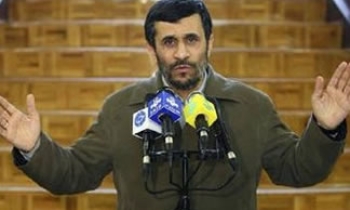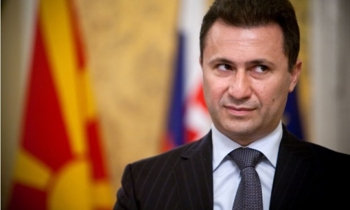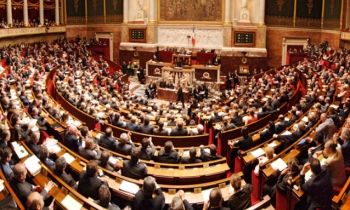There being precious little enlightenment on the subject in Marxist literature, it is instructive to look to Westminster for guidance on parliamentary practice. More so, at a time the Lok Sabha Speaker says it is "grossly defamatory" to suggest his decisions are politically-influenced and CPI(M) MPs move privilege motions against those who dare argue otherwise.
In October 2001, the British political establishment was outraged when the House of Commons Speaker congratulated the Home Secretary for modifying the procedure for welfare payments to asylum seekers. It was a minor matter but was seen as a political comment and an injudicious departure from the fanatical impartiality expected from the presiding officer. The Speaker promptly issued a near-apology. He assured Parliament "that I am wholly committed to maintaining the long-standing tradition that the Speaker stands aside from politics."
To be able to "stand aside" from politics while facilitating its ebb and flow is a challenge. Yet, as Erskine May writes in his definitive guide to parliamentary practices, the conventions governing the conduct of the Speaker "have as their object not only to ensure the impartiality of the Speaker but also to ensure that his impartiality is generally recognised."
Is Comrade Speaker Somnath Chatterjee guided by Westminster conventions or the codes of the erstwhile Supreme Soviet? Since assuming office, Chatterjee has not been inclined to "stand aside" temporarily from politics. He began by questioning the Supreme Court order of March 9 on Government formation in Jharkhand. He then demanded the abolition of the MPLADS scheme and then echoed the CPI(M) insistence on bringing the Telecom Regulatory Authority (TRAI) under the scrutiny of the Comptroller and Auditor General. On July 28, he again confronted the Supreme Court, this time on its order on the contentious IMDT Act. How, he asked, "does the Supreme Court come to a conclusion about lakhs and lakhs of foreigners getting in?"
Having journeyed from Indira Gandhi's "committed" bureaucracy and judiciary to the outrageous realities of "committed" Governors, it may only be evolutionary for India to encounter the delights of a Committed Speaker. Certainly, Speaker Chatterjee has done nothing to foster the belief that he is economical with his opinions. A great heckler during his distinguished tenure as the leader of the CPI(M) in the Lok Sabha, the Speaker hasn't lost his facility with interjections. What the Leader of the Opposition called the "running commentary" has become a feature of Lok Sabha proceedings. In the thrust and parry of partisan exchange, the Speaker does not share the conventional belief that it is his job to listen.
Last week, Speaker Chatterjee came into conflict with Mamata Banerjee over parliamentary agenda. Mamata felt she was being gagged and staged a dramatic protest. The day before, Chatterjee got into a bitter argument with Karabela Swain, arguably the most diligent Lok Sabha member, over his interruption of a first-term MP.
The consequences led to doubts over the Speaker's sense of fair play. In the previous Budget session, the Lok Sabha witnessed chants of tanashahi bandh karo (stop the high-handedness) directed at the Speaker. Chatterjee's insufficient awareness of the "principle of reasonableness" has been a talking point in Opposition circles. This, coupled with the CPI(M)'s assumption of the role of the Speaker's Praetorian Guard, have added to the strains of the 14th Lok Sabha.
Is the charge of partisanship warranted? Statistics collected by a concerned MP are revealing. In this Monsoon session, the Speaker has so far permitted 34 Calling Attention Motions. Of these, 16 have been initiated by Left MPs and another six corresponded to Communist concerns. Gurudas Das Gupta, leader of the 10-member CPI, has had 10 of his motions discussed. In addition, 14 of the 21 short duration debates under rule 193 have been initiated by the Left. Perhaps, Mamata has reason to feel aggrieved. On December 16, last year, an indignant Speaker said that "the Chair does not have any prestige any longer and has become totally irrelevant." It's a self-confession that should remain uncontested.









